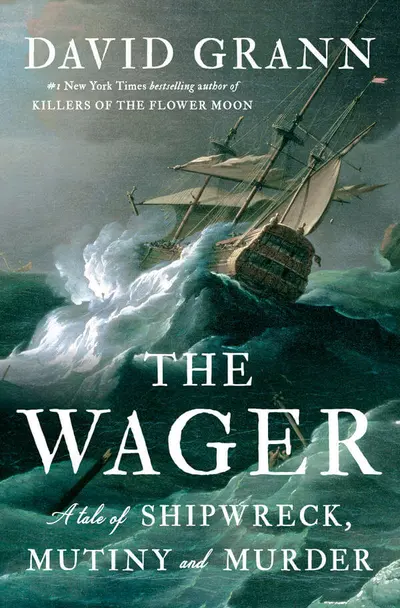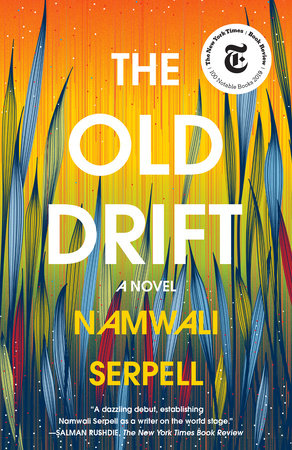An extra week between blogs, but with more books!
Started and Completed
Combo category, I had 3 weeks and have two books started and completed. Woohoo! Fiction first, then a memoir.
 Carrie Vaughan's Bannerless.
Carrie Vaughan's Bannerless.
This is a post-apocalyptic murder mystery. It is not, however, as Amazon would have you believe, set in a dystopian future, IMO. The title refers to a child born without a "banner," which grants a house the privelege of having a child. Which does sound a bit dystopian, but in context, makes sense. The world has collapsed, we don't know how exactly until halfway through the novel, but over-consumption of scarce resources is at the root, and use of resources is strictly controlled, and population growth leads to more consumption and is thus controlled. It is a society that is largely cooperative rather than competitive, which sounds more utopic than dystopic to my ears.
But wait a minute!... didn't I just write that the setting is post-apocalyptic? Doesn't that mean all governmental and societal structure has been destroyed. Well, yes, but a new structure has arisen among a string of villages along a road, near the coast (sounds like California, but I'm not sure if that's explicitly determined in the book or not). Mostly, in this society, a village council will handle all governance, but if that isn't working, an appeal can be made to the alliance. The alliance may assign investigators to determine what, if anything, needs addressing and how to resolve the situation.
In a sense, this is the most radical "defund the police" setting imaginable. Starting from a very blank slate, this is the structure that evolves for providing some of the benefit that having police is supposed to provide. Enid, our hero, is an investigator, partnered with Tomas, who is assigned to investigate a suspicious death reported in one of the villages. The novel alternatively tells the story of Enid's path to becoming an investigotor, and the investigation itself.
How things work in the society that has evolved is the reason to read this more than the investigation itself. The characters are appealling, and the society is a main character. Things worth thinking about as your are entertained.
4.5 of 5 stars
 There's investigation as well in the memoir Brother I'm Dying
by Edwidge Danticat. The present time of the memoir is 2004 when the author's father is dying and she finds she is pregnant. She
tells of her life, starting in Haiti, but with a father, then a mother later who left for the US when she was young.
She grew up in her younger years with here uncle's family, Joseph a fabric salesman turned pastor.
There's investigation as well in the memoir Brother I'm Dying
by Edwidge Danticat. The present time of the memoir is 2004 when the author's father is dying and she finds she is pregnant. She
tells of her life, starting in Haiti, but with a father, then a mother later who left for the US when she was young.
She grew up in her younger years with here uncle's family, Joseph a fabric salesman turned pastor.
Haiti has been a tumultuous place over the years, but that mostly didn't have a huge impact on their family (until it did). There was a run-in with a tonton macoute (one of Papa Doc Duvalier's irregular paramilitary force), but mostly they got by in the Port-au-Prince neighborhood of Bel Air. But after recounting her youth, her uncles throat cancer, being reunited with parents they hardly new, moving to New York, we come to the present day (of the memoir, it's 2004) and the Bel Air gangs believe that Joseph Dantico (a clerical error on a birth certificate resulted in a slight difference in names) had let government and UN forces onto the roof of his church, from which they gunned down numerous gang members and locals.
Joseph had a passport and visa for a planned visit to Florida and was able to get out with his son, but then he met the US immigration system - an encounter he would not survive. Having requested asylum, rather than simply entering on his valid visa, he was sent to the Krome detention facility, where his medications were taken away resulting in a seizure during an official interview, eventual transfer (shackled) to a hospital in spite of the facility medic insisting he was faking. It is a brutal look at a brutal system that I fear is not much better today.
The author's connections had gotten Joseph as good representation as he could have, and allowed her to investigate his death as documented in the memoir. So it was a more investigation than, perhaps, most memoirs which at minimum might need to verify an almost forgotten name or location, and should almost always try to untangle the memories that have been woven into a narrative that may distort them.
The story of growing up in Haiti and coming to America would by itself have been fascinating. Likewise the story alone of Joseph Dantica's brutal treatment by US immigration services. Woven together, even more.
5 of /5 stars
On Pause
Chris Miller has written Chip War expired before I could finish it and since I'm oversubscribed on holds (thanks to books I've recommended being purchased), I'll have to wait to put it back on hold, or push something of the hold list. I think it will hold up in memory enough to handle a bit of a pause.
Started
 The Wager David Grann writes of the voyage, mutiny, and survival of the ship
"Wager" trying to disentagle the various incompatible accounts by survivors.
The Wager David Grann writes of the voyage, mutiny, and survival of the ship
"Wager" trying to disentagle the various incompatible accounts by survivors.

In conclusion
Two excellent books completed. Still getting into The Old Drift but The Wager is pretty compelling from the start.